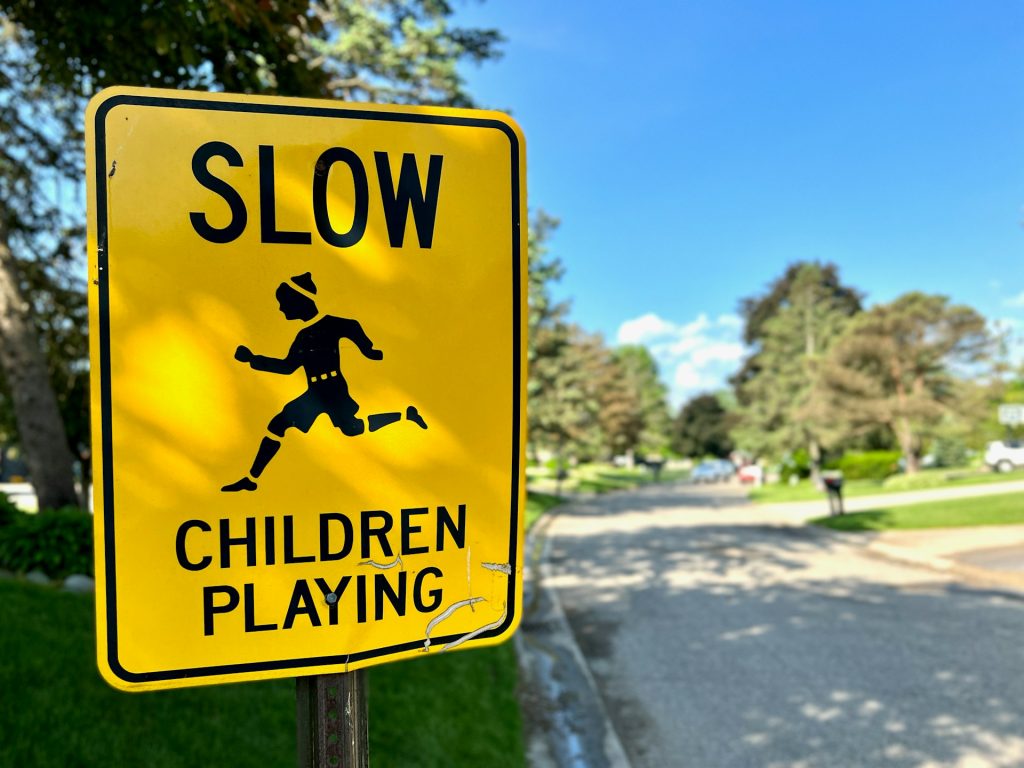
Image Source: unsplash.com
A growing question emerges in a tax system that often rewards parenthood with credits and deductions: should adults without children receive comparable tax advantages? As more Americans choose child-free lifestyles, this debate touches on fairness, economic contribution, and societal values. The current tax code provides numerous benefits to parents—from child tax credits to dependent care deductions—while those without children often bear a proportionally higher tax burden. This article explores whether the tax system should evolve to recognize child-free adults’ unique financial contributions and circumstances.
1. The Current Tax Landscape Favors Parents
The American tax code contains numerous provisions specifically designed to ease the financial burden of raising children. Parents can claim the Child Tax Credit, worth up to $2,000 per qualifying child, significantly reducing their overall tax liability. Dependent care expenses offer additional tax breaks, allowing parents to deduct costs related to childcare while they work or look for employment. Education credits and deductions further benefit parents through programs like the American Opportunity Credit and Lifetime Learning Credit. Single and married taxpayers without children often find themselves in higher effective tax brackets despite potentially having incomes similar to those of their parent counterparts. This disparity creates what some economists call a “parent bonus” in the tax system, where those with children receive thousands in tax advantages unavailable to the child-free.
2. Economic Contributions of Child-Free Adults Often Go Unrecognized
Child-free adults contribute substantially to public services they may never directly use, particularly education. According to the Urban Institute, approximately 22% of state and local taxes fund K-12 education, a service child-free taxpayers support without direct benefit. These individuals typically have more disposable income that stimulates economic growth through increased consumer spending and investment. Research suggests child-free professionals often work longer hours, take fewer career interruptions, and may contribute more to retirement accounts and investment vehicles that benefit the broader economy. Child-free adults frequently engage in higher rates of charitable giving and volunteer work, providing social benefits that remain untaxed and unrecognized in the current system. Their economic footprint includes significant contributions to Social Security and Medicare systems that will support future generations, including other people’s children.
3. Environmental Impact Considerations Support Tax Equity
Choosing to have fewer or no children represents one of the most significant environmental decisions an individual can make in their lifetime. A 2017 study published in Environmental Research Letters found that having one fewer child prevents 58.6 metric tons of carbon emissions annually, dwarfing other eco-friendly actions like living car-free or adopting a plant-based diet. Child-free individuals typically maintain smaller households with reduced resource consumption, lower energy usage, and smaller carbon footprints. Environmental economists increasingly argue that tax policies should recognize these ecological benefits as positive externalities worthy of financial incentives. Countries facing environmental challenges could potentially use tax policy to balance population concerns with sustainability goals without explicitly discouraging parenthood. Recognizing the environmental benefits of smaller families through tax policy could align economic incentives with climate objectives in ways current tax structures fail to address.
4. Potential Tax Break Models for Child-Free Adults
Several potential models exist for creating more equitable tax treatment for adults without children. A “social contribution credit” could recognize the taxes child-free adults pay toward educational and family-oriented public services they don’t directly use. Higher standard deductions for single filers and married couples without dependents would acknowledge their different financial circumstances without creating complicated new tax structures. Tax-advantaged savings opportunities could help child-free individuals prepare for elder care needs that might otherwise fall to the state, as they lack children who might provide care later in life. Some policy experts suggest expanded retirement contribution limits for those without children, recognizing their need for additional self-funded security in old age. These approaches could create a more balanced tax system without diminishing support for families with children.
5. Counterarguments Emphasize Society’s Interest in Supporting Families
Critics of tax breaks for child-free adults argue that raising children represents a public good deserving of governmental support. Children eventually become taxpayers themselves, contributing to Social Security and Medicare systems that will support today’s adults in retirement. The economic future of nations depends on maintaining sustainable population levels, which many developed countries currently struggle to achieve. Family-oriented tax policies help offset the substantial costs of raising children, estimated by the USDA to exceed $233,000 through age 17 for middle-income families. Tax benefits for parents can be viewed as recognizing the unpaid labor involved in raising future citizens rather than unfair advantages.
Finding Balance in Tax Policy
Creating an equitable tax system requires acknowledging diverse life choices while supporting society’s collective needs. Rather than pitting parents against non-parents, a forward-thinking tax policy could recognize the valuable contributions of both groups. Tax systems should reflect our shared values while acknowledging that citizens contribute to society in different but equally valuable ways. The ideal approach might involve targeted benefits that address specific challenges faced by both parents and child-free adults rather than blanket policies favoring one group. As demographics shift toward more diverse family structures, our tax policies must evolve to ensure fairness across different lifestyle choices.
What do you think about the current tax system’s treatment of adults without children? Should tax policy be lifestyle-neutral, or is there a good reason to maintain financial incentives for parenthood? Share your thoughts in the comments below!
Read More
6 Tax Breaks People Don’t Know They Can Claim
Here’s What You Should Know About the Tax Inflation Adjustments for 2025


